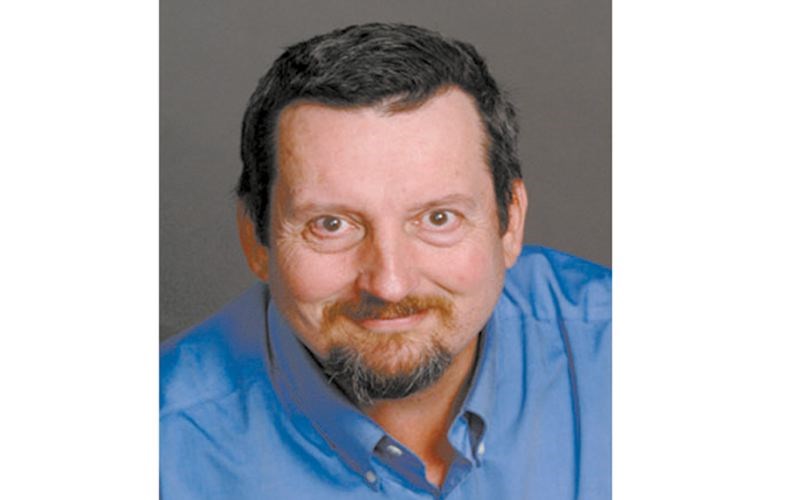One thing is for sure: politics is never dull.
This past week saw the Prime Minister involved in a minor scrimmage with members of the opposition, the NEB approve the Kinder Morgan pipeline, the Softwood Lumber Agreement rear its ugly head and American politics get even weirder.
Canadians are known for saying "sorry." The Prime Minister seemed to be doing a lot of it this week. The apology for the Komagata Maru incident in 1914 was a planned event. It was a formal apology tendered by the government for actions of the past.
Some members of the Sikh community welcomed the apology saying it shows Canada to be an inclusive and welcoming country. Certainly we are a country of immigrants with over a quarter of a million per year. And we are a refuge for those fleeing conflicts as witnessed by the 25,000 Syrians we have already accommodated this year.
But it hasn't always been thus; hence, the apology by the Prime Minister for the actions of the Canadian government over 100 years ago.
Mr. Trudeau also apologized more than once for his behavior in the House of Commons where he grabbed one MP and inadvertently elbowed another. In Canadian politics, this is a big deal. We don't settle our differences with fist fights or mass brawls (except at a hockey rink).
However, in the world of politics, we are not even in the bush leagues. With the Internet, it is easy to look up images of politicians behaving badly and some of the brawls are truly epic. Japan, South Korea, South Africa, and many eastern European countries have seen their parliaments descend into a battle royale.
Why make such a big deal over the Prime Minister's actions? It has much more to do with a political ploy than anyone's real sense of outrage over physical actions. After all, ride a crowded rush hour bus in Vancouver and you will be jostled, bumped, elbowed and stepped upon more in five minutes than a decade sitting in the House.
In this case, though, the Opposition has been looking for something - anything - to take the shine off of the Prime Minister. He has been the golden boy on both the domestic and international fronts since elected. For the Opposition, they jumped on his actions as a chance to take him down a peg or two.
On the other hand, for many Canadians, the incident harkened back to the days of his father and his no-nonsense approach to many contentious issues. It demonstrated the metal under the glossy exterior.
It certainly says Mr. Trudeau is more than just a pretty face.
How this plays out is anyone's guess but most likely it will be a minor incident quickly forgotten by the Canadian public.
On the other hand, the National Energy Board's determination that Kinder Morgan should and can go ahead with its pipeline as long as it meets 159 conditions is highly controversial. The Mayor of Vancouver is up in arms over the potential damage to the harbour and the possibility of lost tourism dollars. The provincial government intends to have its own review of the proposal.
In many ways, it is a far cry from the response to the Northern Gateway. I guess the environment in Vancouver and Burrard Inlet just matters more than Kitimat and the Douglas Channel. But of the two, I would gladly swim in the Douglas Channel and wouldn't put my toes in the water inside Burrard Inlet.
Despite everything Vancouver is trying to do to change its image, it is still a port city and its waterfront reflects the traffic which flows through its harbour. In any case, with the price of oil exploring new lows and long term predictions being pessimistic at best, I don't see either pipeline being built in the near future.
Indeed, the environmental reviews may have afforded the proponents in both cases a way out of a losing proposition while still being able to save face.
The Softwood Lumber Agreement, on the other hand, is not about saving face. It is about standing up to a bully - the American lumber industry. It has trouble competing with their Canadian counterparts on both price and quality.
The result? A free market at play? A capitalist approach with the best player winning?
No.
Instead, when American firms are not competitive, they turn to the government for help. They bring in tariffs and barriers. They sue. And they've based their litigation on an interpretation of the Canadian lumber system which has been shown to be wrong on more than one occasion.
Justin Trudeau and Barack Obama promised to get the deal done in 100 days back in early March. Hopefully, they will because if Donald Trump wins the White House, such deals will be impossible.
Unless his border walls are made of good Canadian wood.



